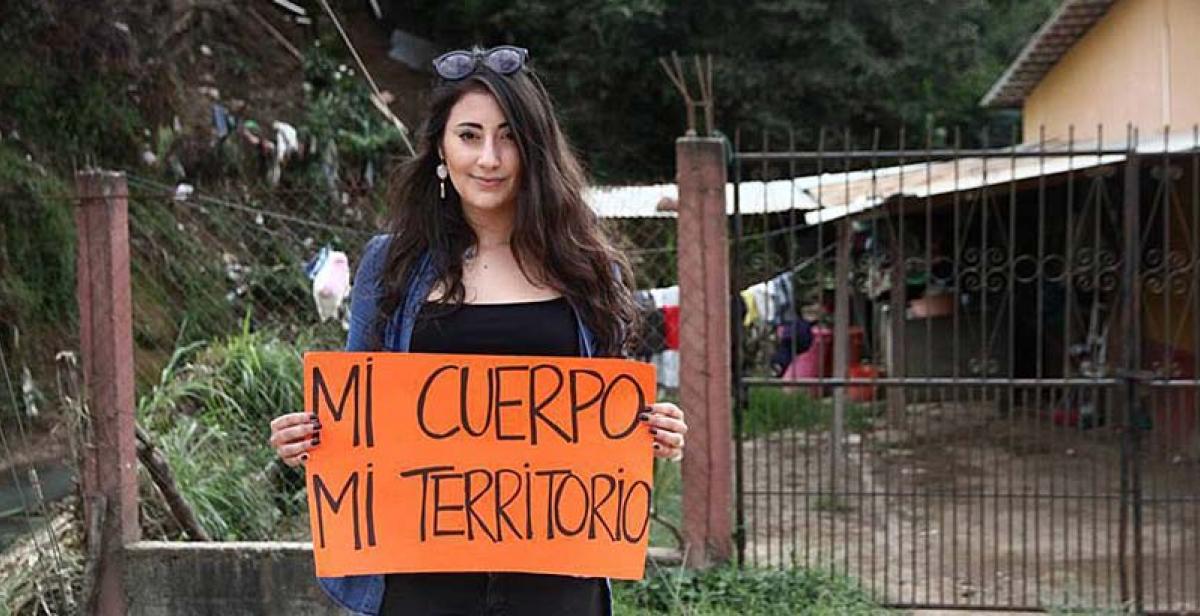For International Volunteer Day, on 5 December, our ICS volunteers in Honduras wrote a series of blogs reflecting on their experience and the importance of volunteering.
Here I am, in the country deemed as the most dangerous place to be a woman, working on empowering women and raising awareness about important societal issues. Before coming here, women’s rights and community participation were on my radar of interests and have featured in my trajectory. However, my engagement with them directly and personally had never flourished as it has in Honduras. Upon hearing that I would be working on a project with a community of indigenous women, I was exceptionally excited and motivated due to my long-lasting interest in and concern for indigenous populations. However, I did not know which expectations to have regarding the actual fieldwork. No matter how much theory I had taken in from a degree in Anthropology and Psychology, notwithstanding the fact I had previous experience with volunteering in ‘developing’ countries, and despite being familiar with the Latin American context due to my heritage, I recognised that I had never lived immersed in a reality like the one I would be about to experience. I knew coming to rural Honduras would deeply impact me, but I did not imagine it would instigate such passion for women’s rights based on the realities I would be confronted with here.
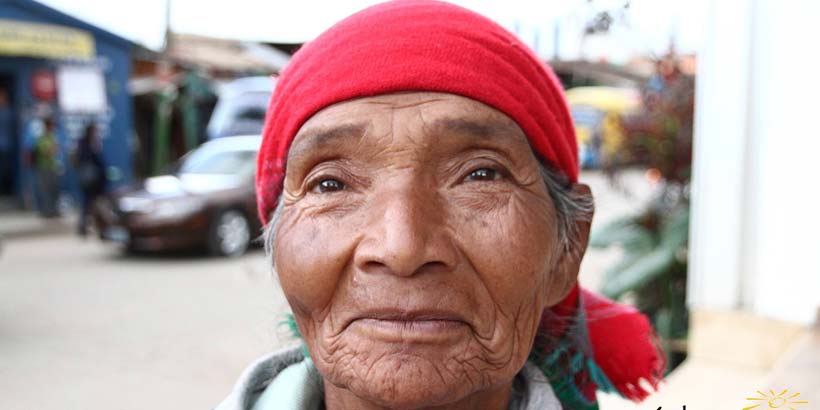
Working on this project has deepened my passion for human rights and women’s rights through direct, human contact with the Lenca women, through conversations and observations of the quotidian realities lived here, and through the research carried out for the workshops and the radio programmes that I have led on. Although I am opposed to certain forms of foreign presence in so-called ‘developing’ countries, I do see great benefits in raising awareness about issues that violate against the dignity and personhood of its most vulnerable members. In the case of Honduras, this implicates fostering sensibility about an emblem of Latin American culture: machismo. While the statistics mean little in daily life, once you arrive here you are confronted with a reality flooded by normalised inequalities between men and women, where domestic violence is a crime you become much too familiar with.
But I am not in the centres of gang crime and femicides - I am in a town in the highlands of Honduras. The women and girls we work with are rural women in very traditional communities, cut-off and forgotten about when it comes to public policy. It is in these traditional spheres where mentalities are more ingrained, more salient. And it is in these contexts where the biggest challenges of fieldwork come to light. During workshops and conversations, it is often the case that explicit responses reflect what the women think you want to hear, whereas reading between the lines of their accounts spotlights the real problems. When talking about gender equality with Lenca mothers, a mentality of female debt permeates their comments, one that reflects the certainty that as a woman you are born already owing something - obedience, servitude, or a lineage - to men. When talking about sexual health to adolescent girls, their insights weigh heavy with justifications for the submissiveness of women, although explicitly they do recognise the dangers of this. In everyday life, a visit to a beauty salon may mean that as you get your nails filed and painted, your beautician is recounting the last time her ex-husband came to her house drunk and looking for a body to beat. Walking down the street might mean finding murals that speak against violence, with a picture of a naked woman bent over in chains and with a handkerchief covering her mouth. Asking a pregnant girl about whether she knows if her child is a boy or a girl may result in her confessing she hopes it is a boy, because "girls suffer more."
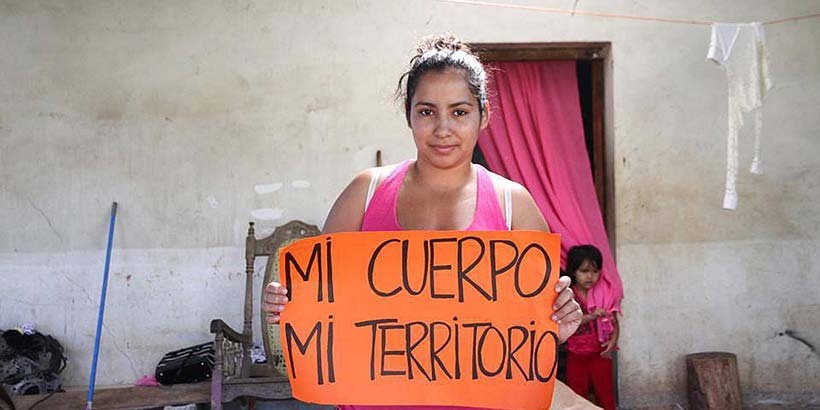
Such are the realities we have been confronted with here. But I could not have anticipated the details that pepper quotidian life before living in Honduras. What drove me to participate in a community development programme such as this one was a combination of insatiable curiosity for another way of life, an indignation against injustices that I knew exist in these hemispheres, and a will to serve. But we cannot help anyone with good intentions alone. Being immersed in the highland Honduran life as a volunteer has brought new awareness of not only the realities people face here, but of the necessities of change-processes. I have grown in my perspectives about what constitutes ‘development’ through my experiences on the ground working with international organisations, local organisations and institutions, but above all, with local people. I came in weary of the pretence that many organisations hold, which gives them license to impose themselves on local lives. I was afraid of partaking in the ‘White Saviour’ narrative that many NGOs possess in Latin America and elsewhere.
However, working with rural Hondurans has opened my eyes to the normalisation of impotence that has left some local people hopeless against many of the conditions that impede their decent existence. Besides the theoretical criticisms of international development that I brought with me, I have come to corroborate the vital necessity to mobilise local people to shape their own communities. The main challenge as a baseline to any specific efforts, therefore, is to spark initiative and the will to bring about change. Not as an imposition, but rather as a process of catalysis. This can be done through injecting some energy into these communities, raising awareness, fostering participation, setting up platforms and communal centres, and promoting rights that have long been silenced or forgotten. In essence, strengthening the commitment of local people with their own community.
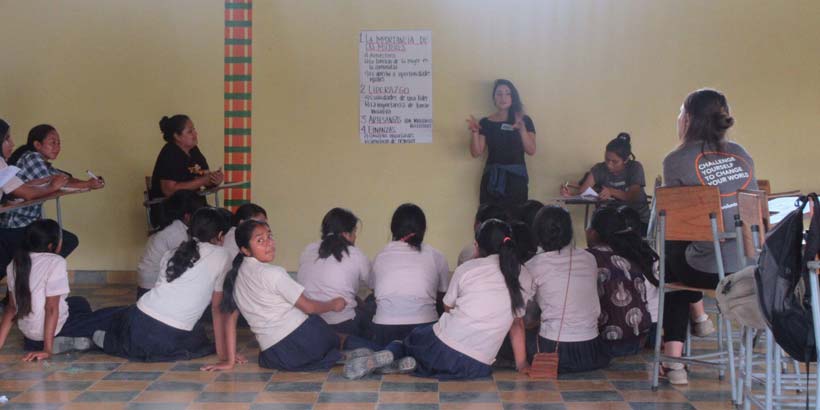
As such, what I have observed during my two months in Honduras thus far is that sometimes a fresh infusion of drive and initiative is necessary for changes to begin to occur. This may come in the shape of external agents, such as volunteers that are not part of the local community, or the launch of a community development programme that rallies the participation of locals. Working with Progressio ICS has combined these two elements through a people-powered approach to development, and through partnership with the local organisation we work with, Libre Expresión. Here, us UK volunteers have worked alongside national volunteers, and have aimed to combine our knowledge and skills to meet the objectives of the project plan. This approach offers a promising avenue, as no project can occur without the input and guidance of locals who know their community best and who are deeply immersed in the cultural context. Not only do the locals know the places to seek resources for the project, but in many occasions efforts on our part have needed to be guided or amended according to the intuitive delicacy that locals possess. For example, to seek institutional support in a Euro-American culture we are accustomed to writing formal emails and planning meetings. Here, as I learned early on, things happen in much more fluid and spontaneous manner. Meetings with the Governor can be arranged just by showing up at his office, and collaborations with different institutions, like the health centre and media channels, can happen by chance encounters in the middle of the street. Ironically, it is serendipity that becomes a constant in our endeavours.
So, what are we doing here giving workshops on gender equality, teaching women about their rights as they face denigration on a day-to-day basis, and putting on a fair to sell their craft work? Is it worth it? Yes, absolutely, always. These workshops, these radio shows, and these platforms that as volunteers we have organised and carried out may not diminish the instances in which these women and girls face violence. No, machismo is too ingrained, violence is too normalised, and inequalities need to be addressed at the structural level as well. But the power of this work we are doing is social and psychological. What we are doing is sending out important reminders, and perhaps mind-altering messages that can give women’s voices a push the next time they know and feel their rights are being violated. What we are doing is supporting women’s participation within their community, and most importantly, reminding them of their individual value. Violence damages, but fear and passivity allow.
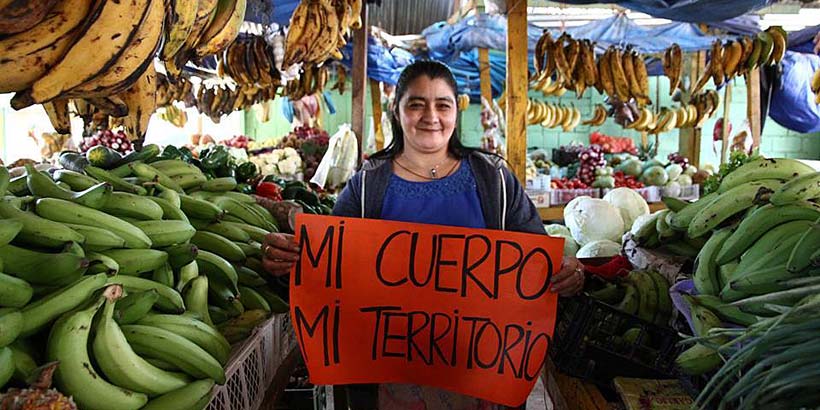
As volunteers, I believe we are infusing some vigour to bring these issues to light where perhaps locals have normalised them. While these women and girls may feel they carry the burden of womanhood in a society driven by machismo, it is important and always useful to remind them that this burden is not inherent to them being women, but to Honduran – and Latin American – society being the way it is. And society is shaped by minds after all, so isn’t that a great place to start?
Written by ICS volunteer Maria Faciolince


